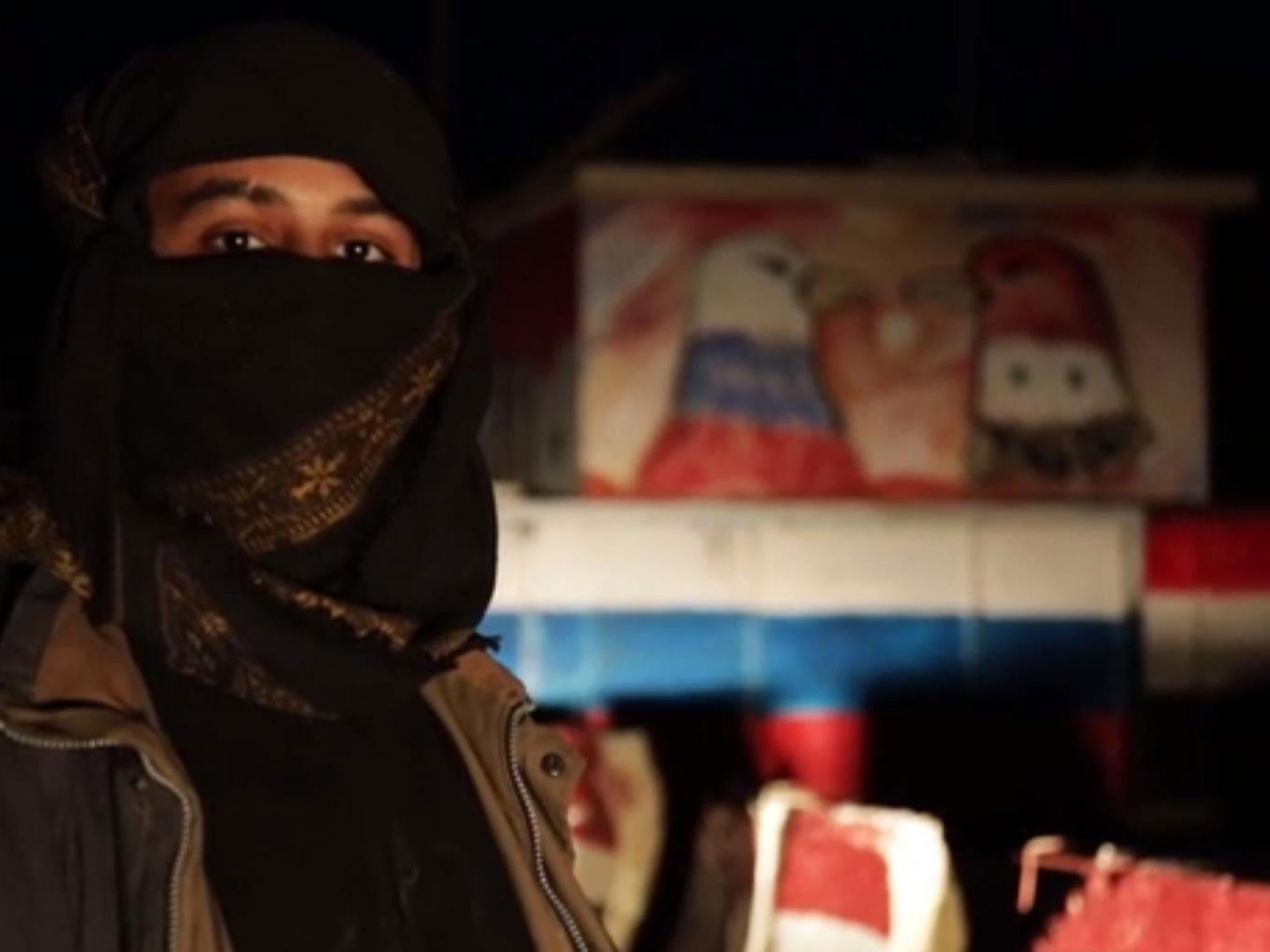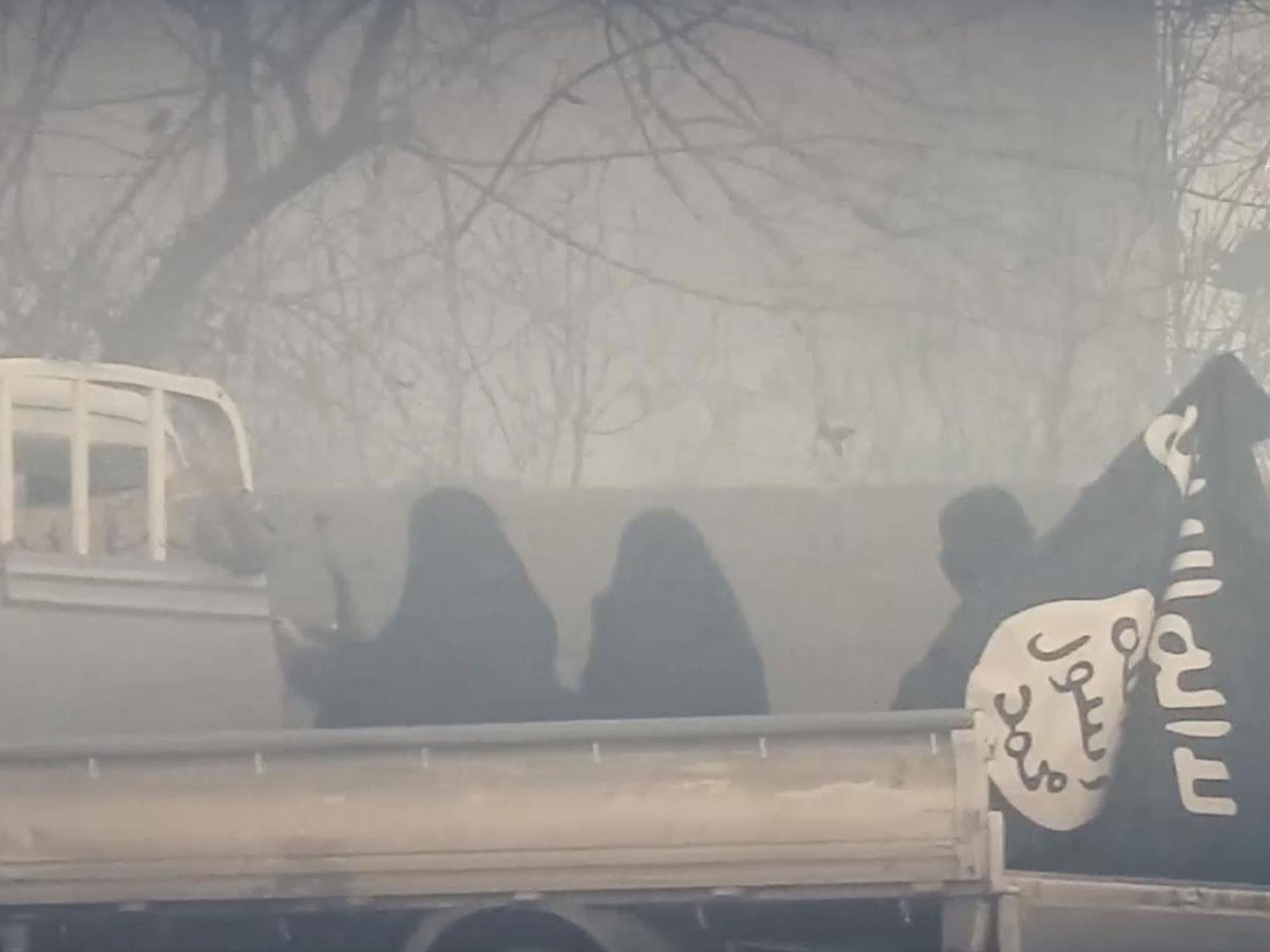UK government straying towards 'thought crime' by criminalising viewing terrorist material, UN inspector says
Professor Joe Cannataci also raises concern about facial recognition and intelligence sharing with US

Your support helps us to tell the story
From reproductive rights to climate change to Big Tech, The Independent is on the ground when the story is developing. Whether it's investigating the financials of Elon Musk's pro-Trump PAC or producing our latest documentary, 'The A Word', which shines a light on the American women fighting for reproductive rights, we know how important it is to parse out the facts from the messaging.
At such a critical moment in US history, we need reporters on the ground. Your donation allows us to keep sending journalists to speak to both sides of the story.
The Independent is trusted by Americans across the entire political spectrum. And unlike many other quality news outlets, we choose not to lock Americans out of our reporting and analysis with paywalls. We believe quality journalism should be available to everyone, paid for by those who can afford it.
Your support makes all the difference.A United Nations inspector has accused the British government of straying towards “thought crime” with a proposed law criminalising the repeated viewing of terrorist material.
At the end of his UK visit, the UN Special Rapporteur on the right to privacy raised concerns about plans to make accessing propaganda “on three or more different occasions” an offence.
Professor Joe Cannataci said the benchmark seemed “arbitrary” and added: “It seems to be pushing a bit too much towards thought crime…the difference between forming the intention to do something and then actually carrying out the act is still fundamental to criminal law.
“Whereas here you're saying: ‘You've read it three times so you must be doing something wrong’.”
The proposals, put forward in the wider Counter-Terrorism and Border Security Bill, come after investigations found numerous terror plotters had been radicalised online by Isis propaganda.
The plans have already been branded “Orwellian” by human rights groups but the government emphasised that they are being scrutinised by parliament and the courts.
MPs and peers on the Joint Human Rights Committee have questioned whether they could overstep the law and infringe on freedoms earlier this month.
Max Hill QC, the Independent Reviewer of Terrorism Legislation, said: “There is a risk that the mesh of the net is far too fine and catch far too many people...I find a prison sentence of 15 years difficult to countenance when nothing is to be done with the material, it is not passed to a third party, and it is not being collected for a terrorist purpose.”

Journalists, academics and people with a “reasonable excuse” to view terrorist material would be protected from prosecution but Mr Cannataci said everyone’s freedom to access information “should be protected against such proposals becoming too draconian”.
“Criminal law should be limited to the active producers and divulgers of the information, and not extend it to the receiving end,” he added.
“One should be able to freely browse the internet in private without fear of criminal repercussion as part of the basic enjoyment of the right to privacy and freedom of information, as long as this activity does not actively contribute to further disseminating materials that incite violent and intolerant behaviour.”
During his two-week visit the Special Rapporteur travelled to London, Edinburgh, Belfast and Cardiff, meeting government officials, members of the intelligence services, representatives of civil society, businesses and academics.
Mr Cannataci said representatives of some Muslim communities told him the Prevent counter-extremism programme was “dividing, stigmatising and alienating communities”.
He concluded: “I was to date unable to gather sufficient evidence to substantiate such claims but hereby recommend that sufficient resources be allocated by the UK government to reinforce the evidence-base as to the precise impact of Prevent and similar measures on privacy and other fundamental right.”
Mr Cannataci also raised concern about the use of biometrics and facial recognition technology by police forces.
Speaking after a controversial pilot of the software was extended by police in London, he said privacy impact assessments must be carried out before any deployment or trial.
The Special Rapporteur noted concerns about the potential “chilling” effect on society following South Wales Police’s use of mobile facial recognition cameras at events including a protest.
"I find it difficult to see how the deployment of a technology that would potentially allow the identification of each single participant in a peaceful demonstration could possible pass the test of necessity and proportionality," he said.
Mr Cannataci urged ministers not to allow Britain to become a ”backdoor“ for allies like the US to engage in surveillance in violation of domestic safeguards.
He welcomed measures to strengthen the oversight of intelligence agencies since the disclosures of CIA whistleblower Edward Snowden on data-gathering by the US and Britain.
But he expressed concerns that intelligence-sharing arrangements, such as the ”Five Eyes“ agreement between the UK, US, Canada, Australia, and New Zealand, were not subject to the same safeguards.
"Intelligence sharing must not result in a backdoor to obtain or facilitate for others the obtaining of intelligence free from domestic safeguards, nor a loophole for foreign governments with lower standards on the protection of privacy or other human rights to obtain intelligence from UK intelligence that could give rise to human rights violations," he said.
"That to me does remain a major concern, especially with countries such as the United States which have not displayed the same commitment to respecting the privacy of non-US persons."
Mr Cannataci, who described the UK oversight arrangements as "a joke" three years ago, welcomed the strengthening of the Investigatory Powers Commissioner's Office through the Investigatory Powers Act 2016, saying he was satisfied that multiple safeguards against unauthorised surveillance are in place.
He will present a comprehensive report containing his findings and recommendations to the UN Human Rights Council in March 2019.
Ben Wallace, the security minister, said: “We have some of the best police and security and intelligence officers in the world.
“They work day and night to keep us safe from terrorists, paedophiles and other criminals that have no regard for the law.
“The Special Rapporteur’s overarching conclusions on the system of safeguards and oversight we introduced in the Investigatory Powers Act are welcome.
“Through this ground breaking and world leading legislation, we have made sure those charged with protecting us have the powers they need to keep us safe but that these powers are used in a way that does not undermine our privacy.”
Additional reporting by PA